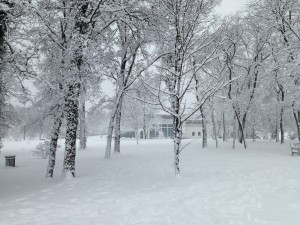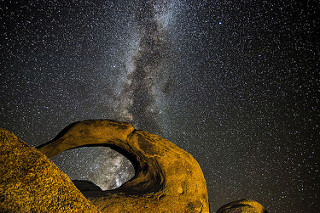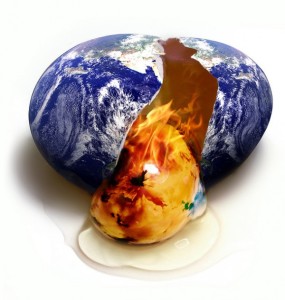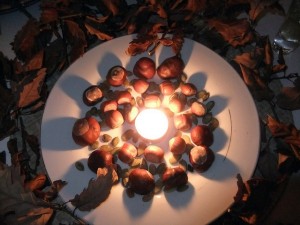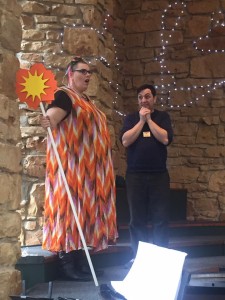
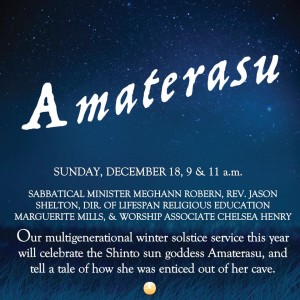
Watch and listen to the homily on Facebook
So Amaterasu has run away to hide in her cave. Chelsea has taken us through how she might be feeling, and how those feelings are felt in her entire body — just like we feeling our feelings not just with our minds, or our hearts, but also with our bodies.
There’s a few things about this part of the story, when Amaterasu in is the cave, that I want to lift up for you today. The first is that even Amaterasu, the primary goddess of this tradition, has folks in her life that she can’t control and who do things to upset her. In this case, it’s her brother — but even if we don’t have a sibling, each of us has people in our lives that annoy us, that test our patience, that sometimes do things that upset us so much we feel that we need to separate ourselves for a little bit.
And that’s okay. Amaterasu goes into a cave. I go to bed and under the covers. Some folks go for a walk. Each of us is different — the important part is to spend time figuring out what works for you. What in your life will be your cave, where you can retreat to think about your feelings?
Taking the time to be in the cave is important, because it helps us be smarter about when we’re outside of the cave. This is the one of the most important lessons that we have been given from our Earth-centered traditions — the understanding that the world around us exists in cycles. We cannot have spring and summer without fall and winter. The ecosystem needs the period of rest before it can create something again. We have been in the season of fall, feeling the nights get longer and the days get shorter– Amaterasu is fleeing into her cave
But even though this week marks the Winter Solstice, and those of us in the northern half of the world transitioning from fall to winter, it also marks the return of the sun — Amaterasu emerging from her cave to bring sunlight back to the world so it will become spring again. This is a holiday about knowing we are in darkness, that it is necessary, and that we have hope for the future nevertheless.
This story is also about community. Amaterasu has a gift for the world — her light, a gift that world needs in order to survive. Each of us has something to offer that is equally necessary to our community.
And in the end, it is her community, and the power of laughter, that brings her back out again. Retreat time is important, yes. But sometimes, we try to think our way out of difficult situations are experiences. We get trapped inside our own heads. When Chelsea and I were discussing this service, she said — “Some things you can’t think your way out, But you can laugh your way out.”
It is through the power of laughter, offered by community, that Amaterasu is drawn out of her cave, out of her isolation. The story is not complete without both the willingness to go into the cave, and the understanding that something wonderful is waiting for you outside. And sometimes, we’re the ones in the cave, and sometimes we’re the ones drawing them out.
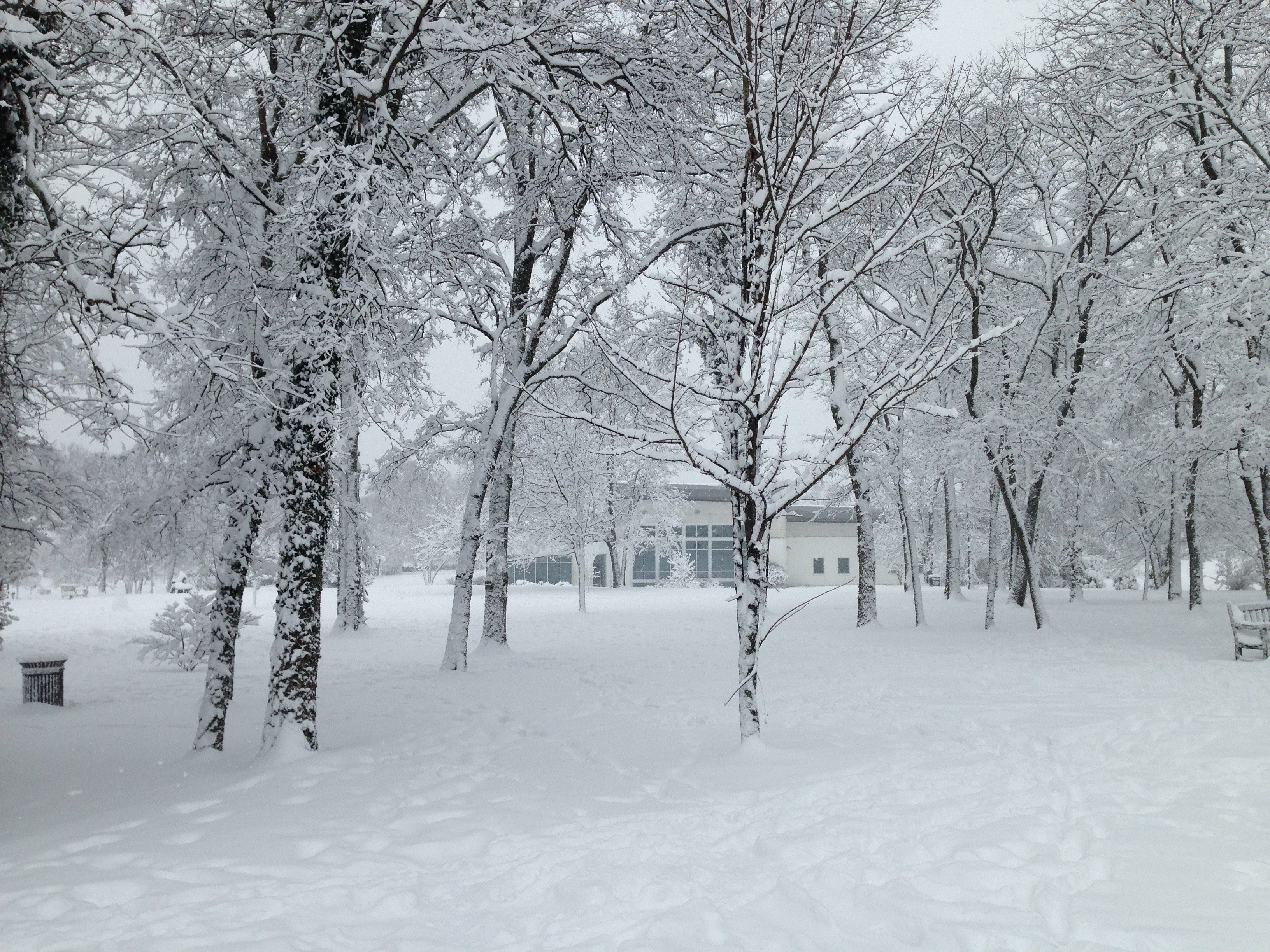
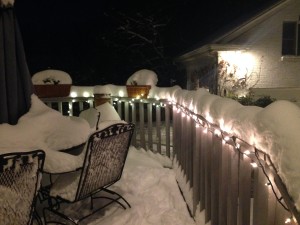 I’m writing this from Nashville, TN, which is currently under a Level 3 State of Emergency due to Winter Storm Jonas. Mayor Barry opened emergency and overflow shelters four days ago in anticipation of the storm. Residents cleaned out the grocery stores and stocked up on firewood. Power is out is patches all over the city.
I’m writing this from Nashville, TN, which is currently under a Level 3 State of Emergency due to Winter Storm Jonas. Mayor Barry opened emergency and overflow shelters four days ago in anticipation of the storm. Residents cleaned out the grocery stores and stocked up on firewood. Power is out is patches all over the city.